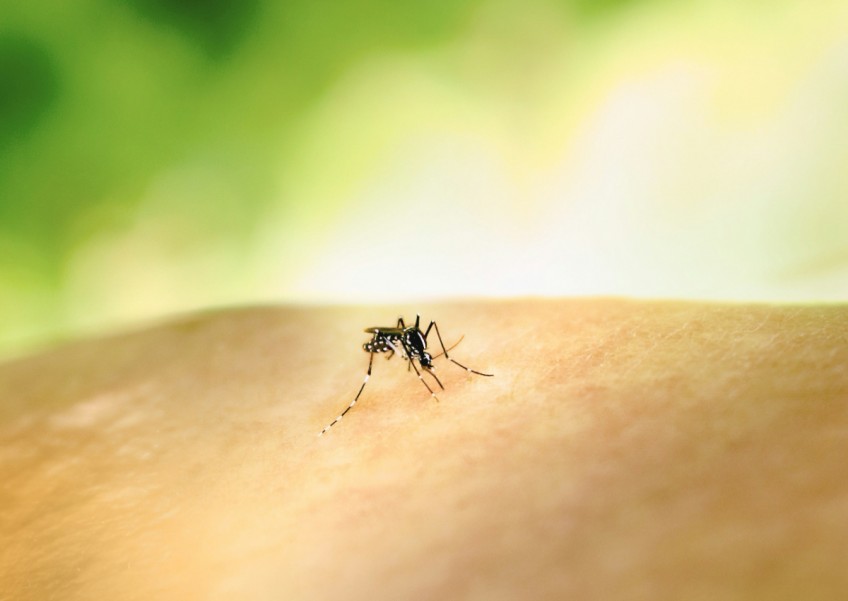Stay vigilant and ward off Zika with a savvy 'S-A-W' strategy

In a joint news release between the Ministry of Health (MOH) and the National Environment Agency (NEA), it has been revealed that Boon Lay Place in Singapore is under close monitoring for potential Zika virus transmission.
Despite the fact that there have been no additional Zika cases reported here since December 2023, persistent Zika virus signals have been detected in the area, indicating ongoing transmission.
Similar to the dengue virus, the Zika virus is primarily transmitted by the Aedes mosquito. Individuals in and around the Boon Lay Place area, particularly pregnant women, are advised to protect themselves and monitor their health closely.
Symptoms of Zika virus infection include:
It's worth noting that many infected persons may display mild or no symptoms at all.
[embed]https://www.instagram.com/p/CxjiwQPLnL9/?utm_source=ig_web_copy_link[/embed]
The NEA has been conducting intensive vector control operations in the Boon Lay area since November 2023, including indoor spraying of insecticides at residential premises and larviciding in common areas.
Grassroots leaders have been mobilised for house visits to remind residents to practice the Mozzie Wipeout and eliminate mosquito breeding habitats. These efforts not only target Zika but also contribute to dengue prevention, emphasising the importance of source reduction and applying repellent.
Zika is generally a mild and self-limiting disease, primarily transmitted by the bite of infected Aedes mosquitoes. While there is no specific vaccine or anti-viral drug against Zika, individuals can take preventive measures to reduce the risk of infection.
Residents, especially those in Zika and dengue cluster areas, are urged to follow the 'S-A-W' actions to protect themselves and their loved ones:
Additional measures include enclosing rooms or installing wire-mesh mosquito screens to prevent mosquito entry. Those with Zika virus infection are advised to protect against mosquito bites to prevent further spread.
Yes, the Zika virus can be transmitted through sex, and precautions are recommended for infected individuals. Men should practice safe sex or abstain for at least three months after recovery, while women should wait at least two months before trying to conceive.
For the latest health advisory, refer to MOH's webpage on Zika and NEA’s website for information on Zika cases and clusters.
ALSO READ: Symptoms of a heart attack in women: 4 warning signs
This article was first published in Wonderwall.sg.